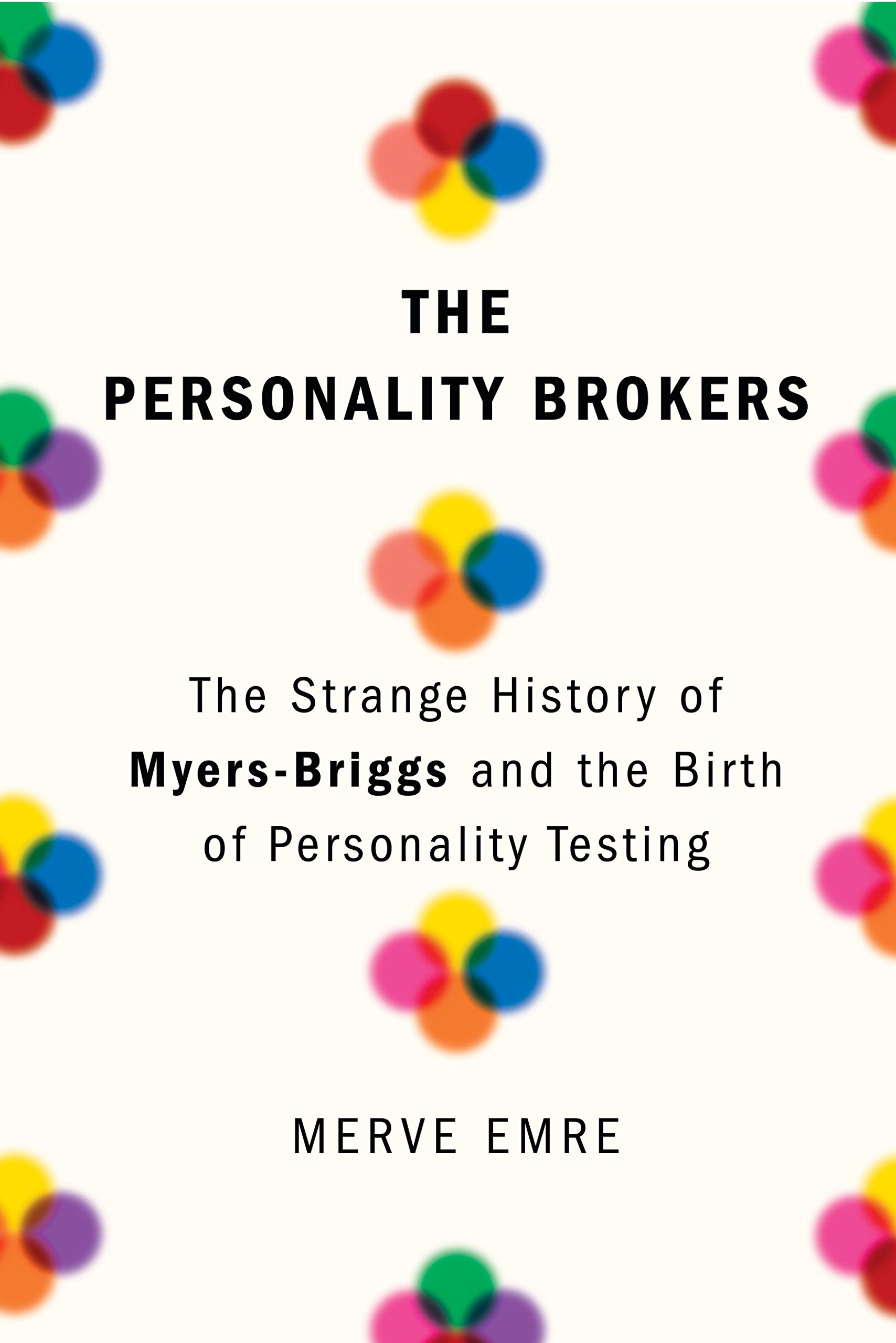I just finished the audible version of The Personality Brokers: The Strange History of Myers-Briggs and the Birth of Personality Testing by associate professor of English at the University of Oxford, Merve Emre. Rather than post a review in my Book Review Corner, I feel inspired to write more of a personal piece. Why? I have a sentimental history with the Myers-Briggs.
If you are not familiar with the Myers-Briggs Type Indicator (MBTI), it is not a personality “test,” but more of a tool for identifying your personal style preferences. It is based on a theory that psychologist Carl Jung developed, but over time, Isabel Briggs Myers (daughter of Katharine Cook Briggs) expanded it. The MBTI has been used in a wide variety of organizations as a human resource, team building and organizational development resource.
First exposure
I was first exposed to the MBTI in graduate school in my industrial/organizational psychology coursework. My program included professors who taught one semester, and worked in the field the next, so my graduate school colleagues and I had the benefit of learning from applied live case studies. One of them involved the MBTI. From my undergraduate studies, I already knew a lot about Carl Jung and admired his work. How this part of Jung’s work could be applied in business settings fascinated me.
As part of my graduate program I needed to do an internship. In my Organizational Behavior class, a classmate who happened to sit next to me mentioned a management consultant she had found and approached. She remarked he might be looking for another intern, so I took his number, and called him up.
Little did I know…
Little did I know the MBTI-related project I would do with this management consultant would inspire my thesis project, which would also end up focusing on the MBTI. More interestingly, little did I know that this management consultant would eventually become my husband! We’ve now been partners for 30 years. Reading Emre’s book brought all of this back and made me smile.
But the book also left me – sad.
Even with my background with the MBTI, in reading this book I learned more than I thought I would regarding this instrument and its development, and was surprised at how much of what I learned was not positive. Just five examples of this include:
- Katharine Cook Briggs and Isabel Briggs Myers had never formally studied psychology. Katharine was a devotee of Jung’s work, yes, but the foundation for her type theory started more with how she parented Isabel!
- Their mother-daughter relationship had its issues – ones they clearly never dealt with.
- I knew its validity and reliability had been challenged, but the extent of it, how this came to be largely ignored and how it has achieved such financial success despite this rather shocked me.
- Those who have the charge of watching over the Myers-Briggs archives do so with an iron hand. Why wouldn’t they let Emre see them? She asks in the book, “What are they hiding?” I am left asking the same.
- How is it that the MBTI follower culture now verges on a kind of “cult”? This sure was not the case when I began studying it.
If you have any familiarity at all with the MBTI, in The Personality Brokers you’ll learn about these things and more that will make you raise your brow, shake your head, and sigh.
While on one hand I felt sweet nostalgia in taking myself back to the MBTI, thanks to this expose of sorts, I will never look at it the same again, and overall, not in a positive way. If you want an inside look at the history of the MBTI, you will find this book informative and revealing. Me – I leave it smiling as I recall the past, yet at the same time, to my dismay, feel let down.

